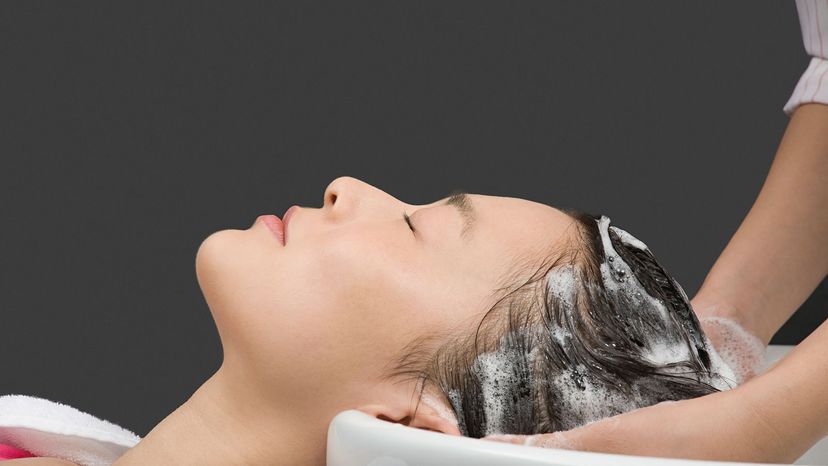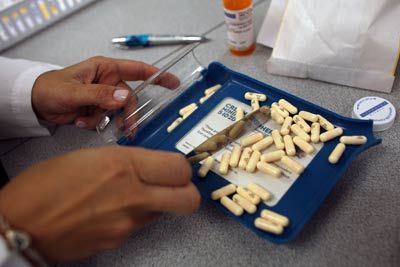
If you use shampoo to wash your hair, it probably works up into a nice, thick lather. This thick lather, for many of us, really defines the shampooing experience. Imagine, then, discovering that this lather could kill you.
In 1998, an e-mail first made the internet rounds that instilled fear in shampoo users around the globe. The e-mail, anonymous of course, claimed that sodium lauryl sulfates in shampoo could be causing cancer. This is the ingredient in shampoo that creates lather.
Advertisement
Today, a quick search for "does shampoo cause cancer" still brings up a host of dodgy-looking websites with questionable "data" sources, claiming the same ingredient, along with more than a dozen others, is carcinogenic. Before you switch to a sulfate-free shampoo, read on to learn more about this common ingredient used in hair products.

